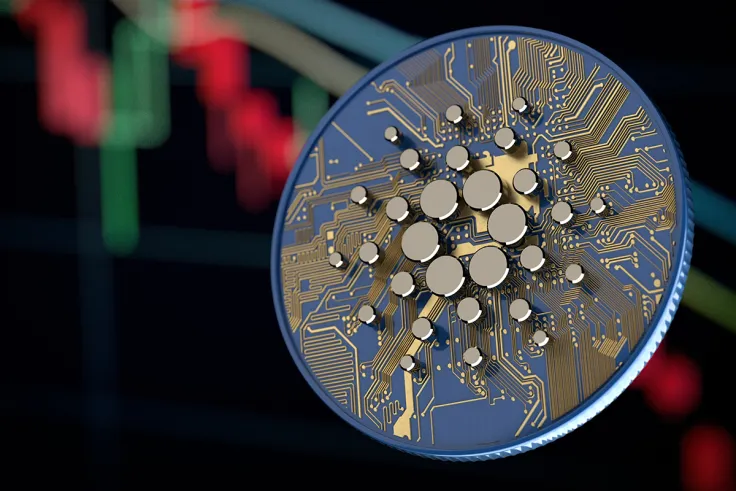One week after Alonzo hardfork activation in mainnet, Input Output Global, the development studio behind Cardano (ADA), releases a detailed explanation of how the new platform can scale with Hydra.
Advancing EUTXO with isomorphic state channels: What is Hydra?
According to a blog post by IOG's Software Engineering Lead Sebastian Nagel, Cardano's (ADA) throughput will be increased with Hydra, a novel off-chain scaling solution based on state channels.
NEW BLOG: Hydra, is a key Layer 2 solution which will continue to improve Cardano's scalability by layering a new protocol on top of the existing Layer 1 blockchain #Cardano $ADA.
— Input Output (@InputOutputHK) September 17, 2021
Read more here and join us at #CardanoSummit2021 for the latest updateshttps://t.co/IoDR6Mngez?from=article-links pic.twitter.com/fdq7LBi75N
The concept of state channels was pioneered in 2017 by first-gen Ethereum (ETH) scalability network Raiden. Cardano's Hydra moves computations off-chain to reduce transactional pressure on the mainnet. Therefore, Cardano (ADA) serves as a settlement layer only.
Hydra does not require global consensus, so it can boost the speed and performance of decentralized applications. Hydra's isomorphic state channels infrastructure includes parallel Hydra Heads.
When activated, Cardano's native assets, NFTs and Plutus scripts can run in parallel within multiple "heads" simultaneously. Such design allows "ultimate" scaling progress for Cardano (ADA), developers included.
Flexibility brings scalability
By Q4, 2021, Input Output Global developers have already deployed "proof-of-concept" for Hydra nodes. A developer preview will be demonstrated during the upcoming Cardano Summit on Sept. 25-26, 2021.
As covered by U.Today previously, Cardano's Haskell dev Matthias Benkort indicated numerous advantages that Hydra has over Ethereum's Arbitrum.
Cardano's inventor, IOG CEO Charles Hoskinson, named L2 solutions among the potential instruments to prevent Cardano from congestion among the criticism that followed issues with testnet smart contracts release on Sept. 3, 2021.




 Dan Burgin
Dan Burgin Vladislav Sopov
Vladislav Sopov